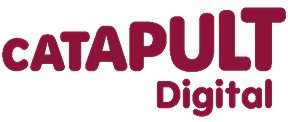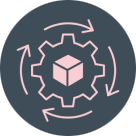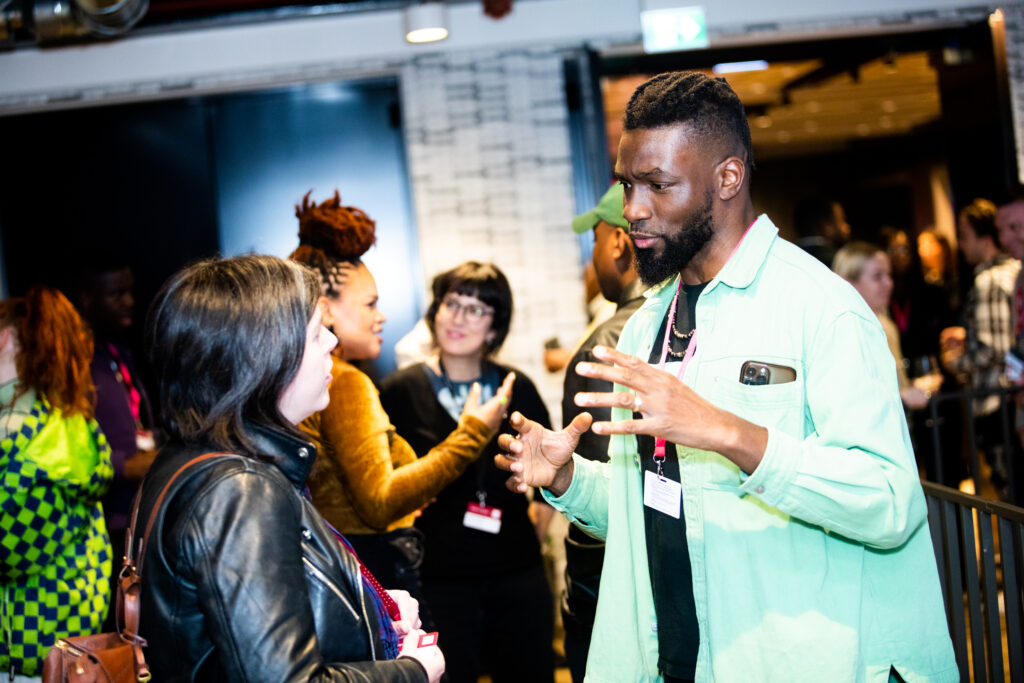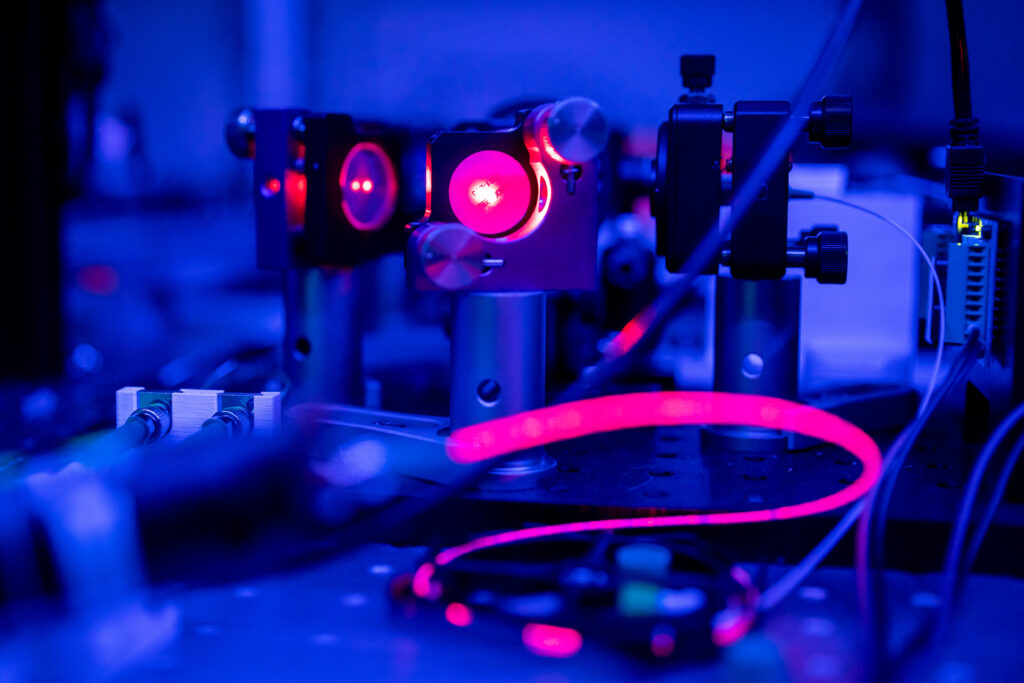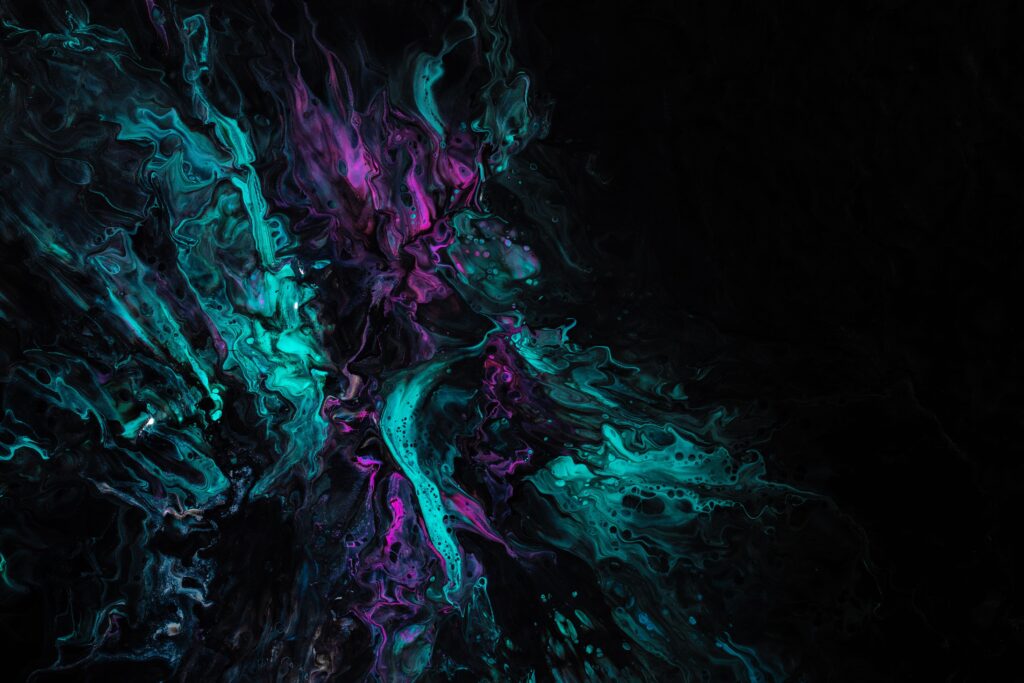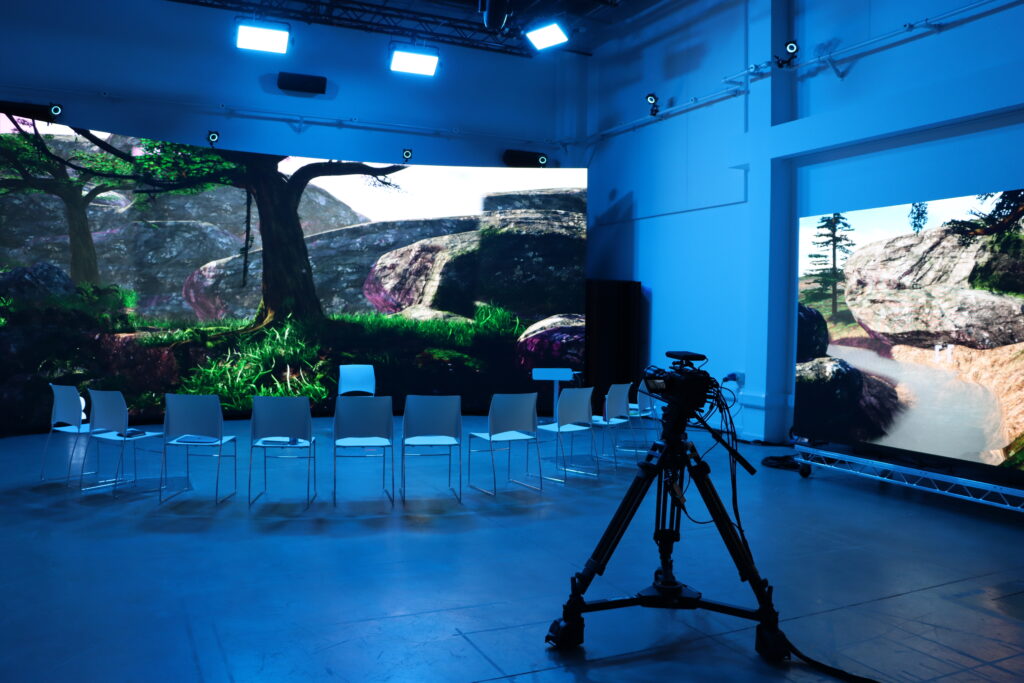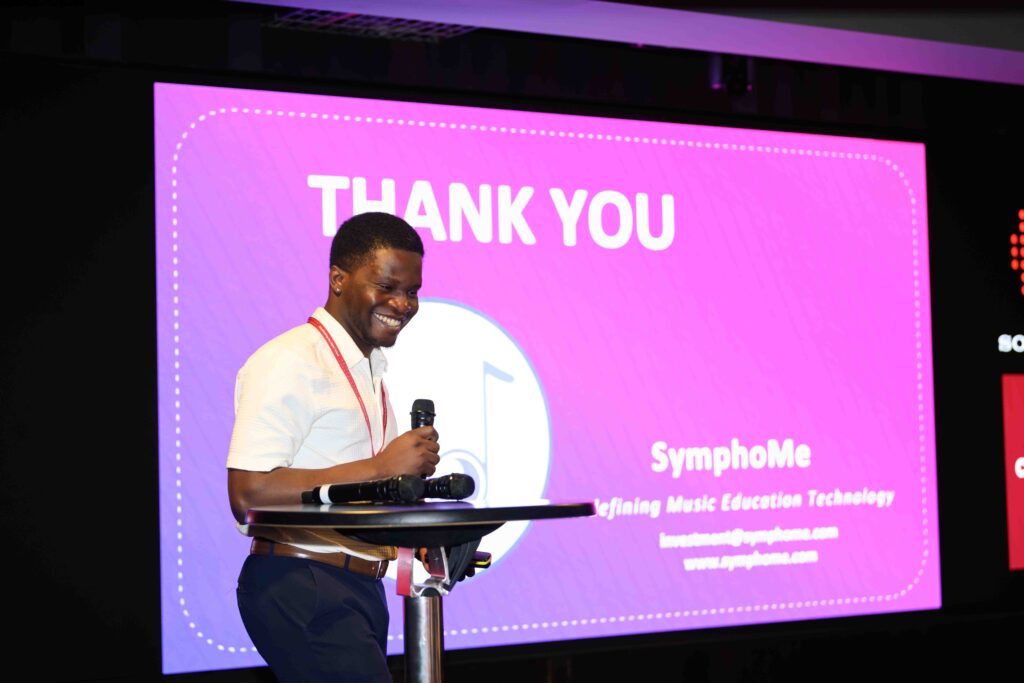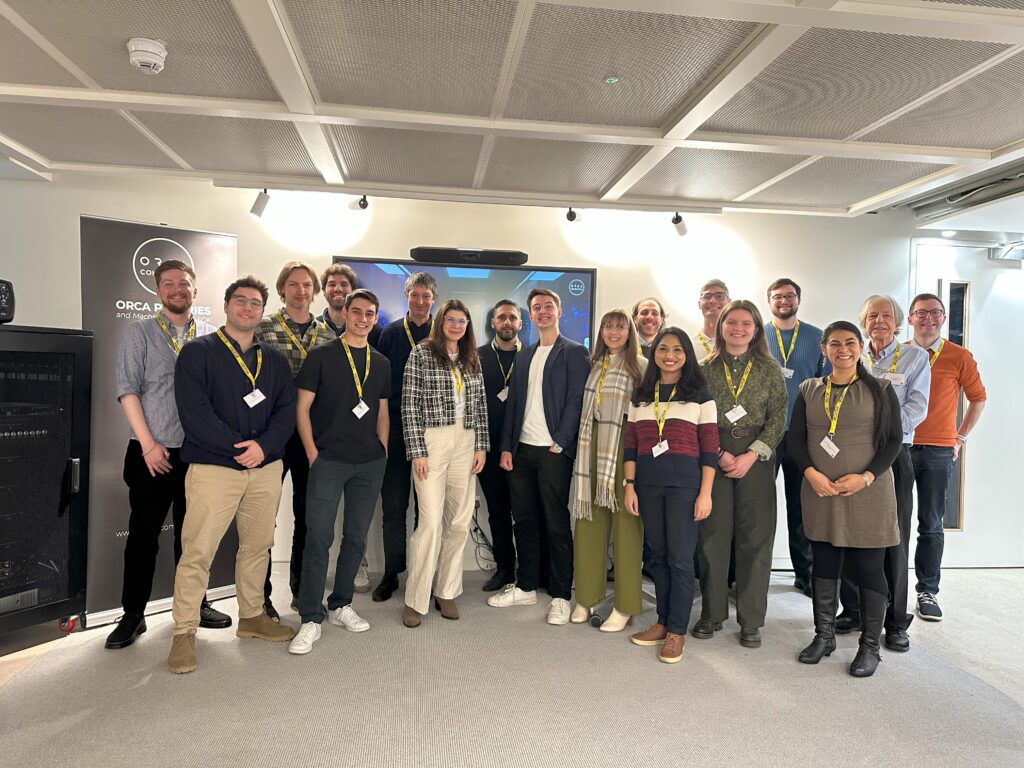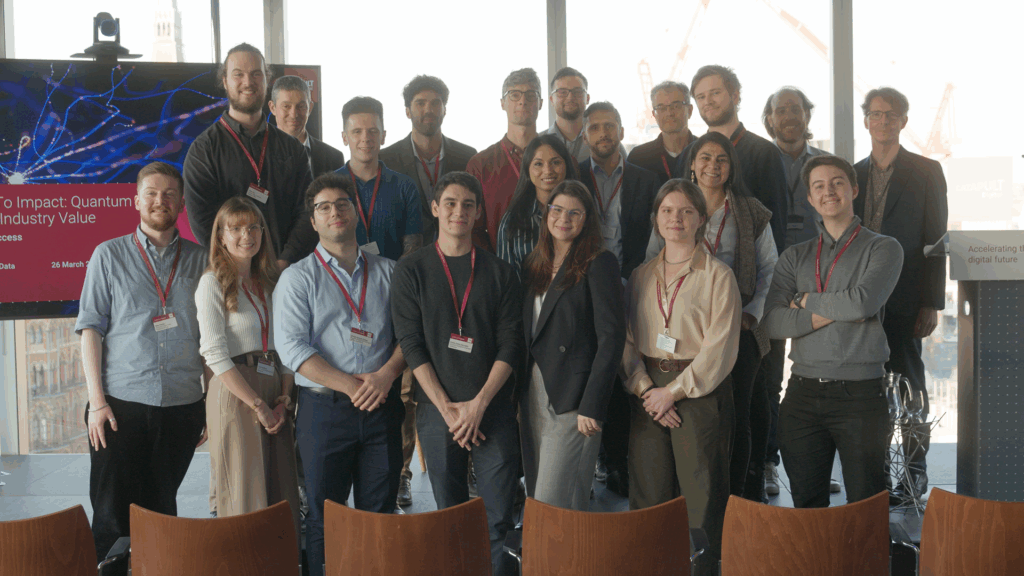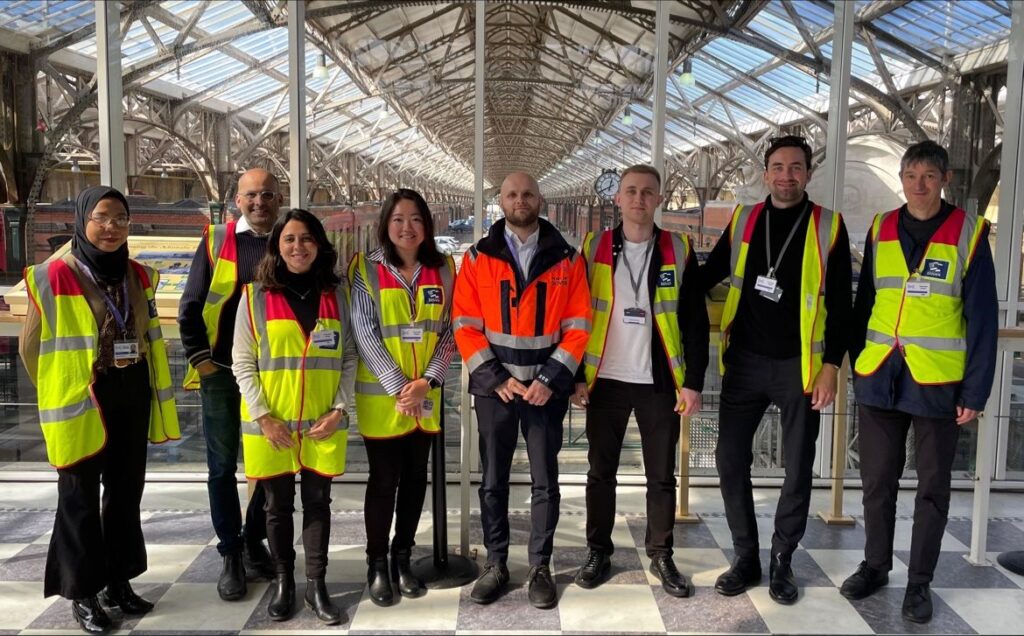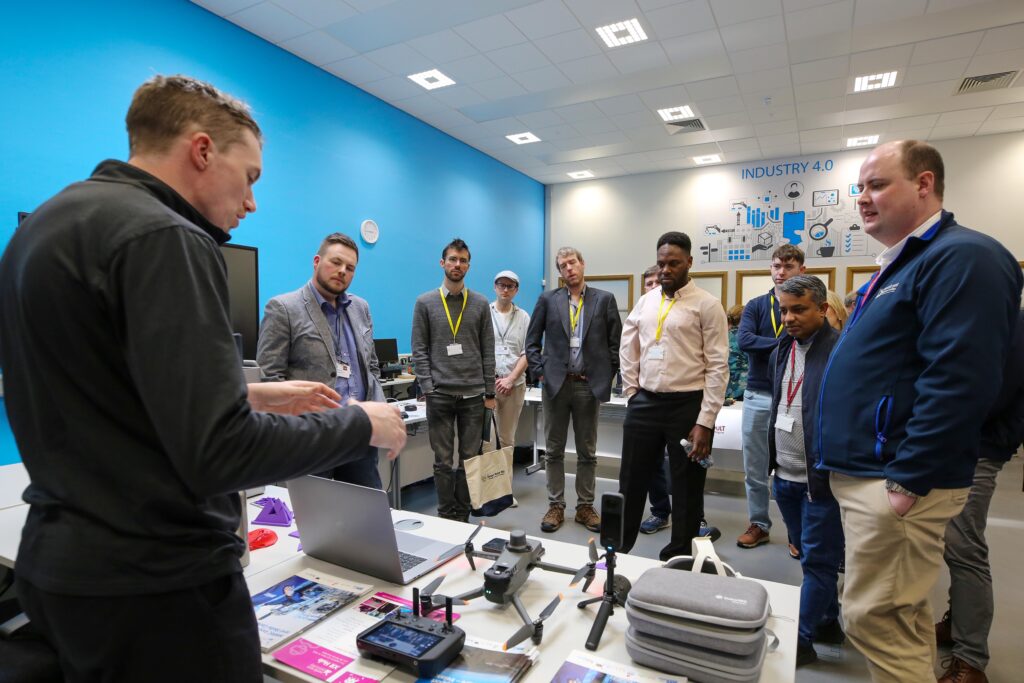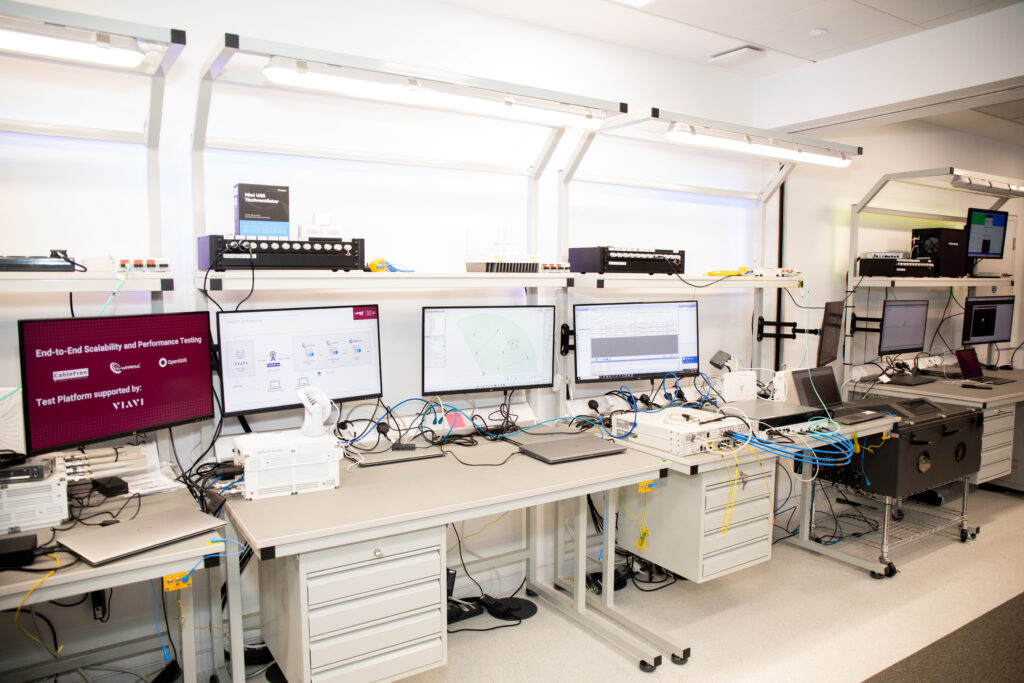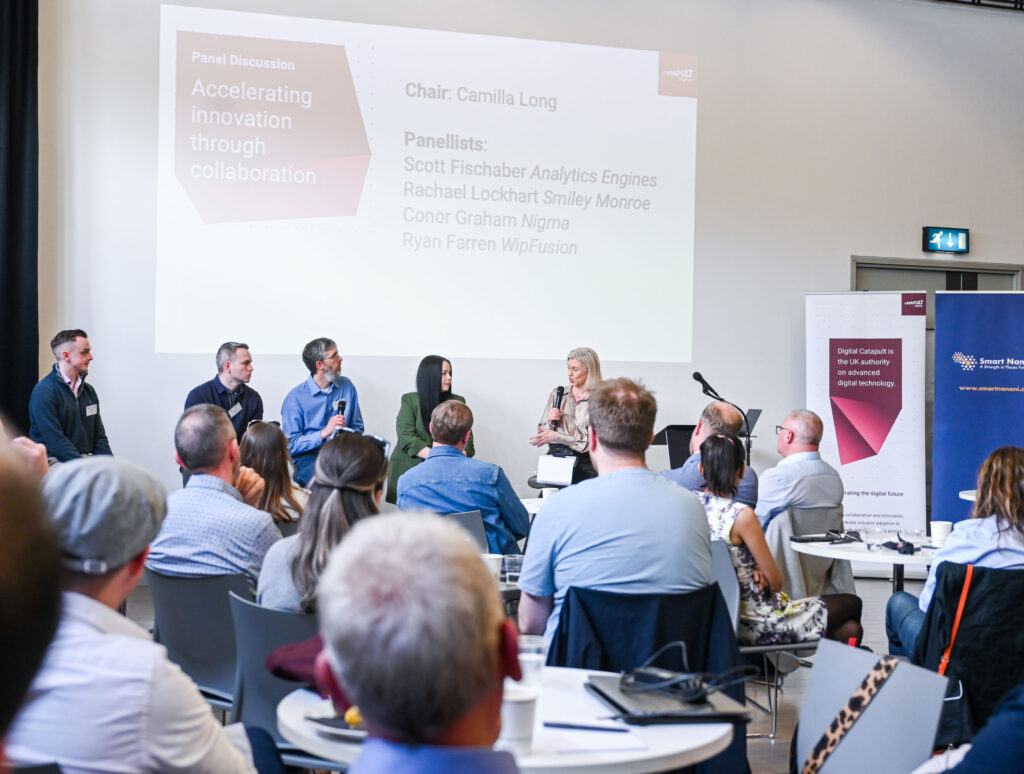Digital Catapult’s Machine Intelligence Garage programme in collaboration with IBM is offering a hands-on workshop to provide an overview of several deep learning frameworks. With each one, you’ll learn about the benefits, supported platforms, installation considerations, and supported back-ends.
Deep learning isn’t a single approach but rather a class of algorithms and topologies that can be applied to a broad spectrum of problems. While deep learning is certainly not new, it is experiencing explosive growth because of the intersection of deeply layered neural networks and the use of GPUs to accelerate their execution.
Who should attend?
This event is designed for startups, scaleups and academics who are involved in the artificial intelligence or data science space. This event will be of particular interest to AI startups interested in hearing from Digital Catapult and IBM about deep learning frameworks.
Speakers
- Chris Parsons – Machine Learning Developer Advocate at IBM
- Mo Haghighi – Head of Developer Advocacy at IBM Europe
Use cases
Why GPUs matter for deep learning
We’ll delve into a worked example for recognising hand written digits, discuss the theory and the infrastructure limitations that make GPUs the platform for deep learning.
Working with big data – Going beyond a GPU
As we continually search for bigger and more complicated problems, the demands we place on the GPU continue to grow rapidly. So where next – how can we continue to build models and algorithms that scale as our data does or enable us to tackle even more intricate problems? In this session we’ll talk about the Open Source Large Model Support; IBM’s solution to the problem that enables TensorFlow, Caffe and PyTorch developers to overcome the GPU memory limitation and keep growing their deep learning workloads.
Style Transfer – Replicating Art with AI
We’ll discuss how Style Transfer can be used to take the “style” or visual effect from one image and apply it to another, mimicking the style of an artist. We’ll explore the theory behind the process, before getting hands on and running IBM’s Jupyter notebook in Watson Studio to perform Style Transfer on example images using the Watson Machine Learning service.
Registration
To learn more and register your interest for this workshop, click here.
